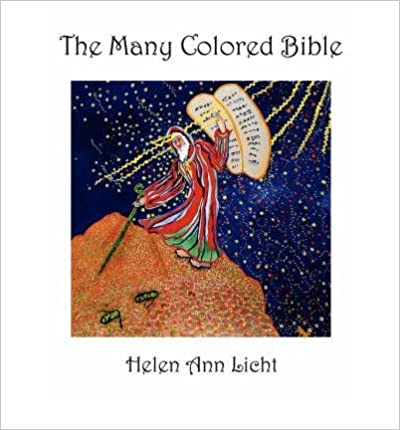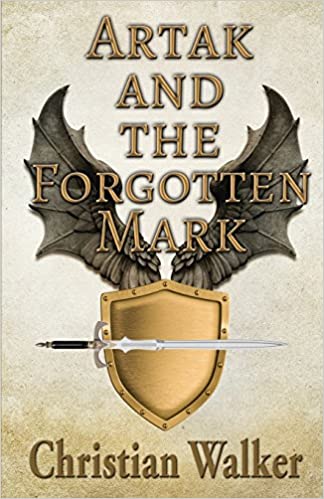Essentials to Being a Great Writer that Experts Recommend
Nuggets of Wisdom on What Great Writers are Made Of

Drawn from the wise words of the world’s most prolific writers, here’s a quick guide on what it takes to be a great writer.
“If you want to be a writer, you must do two things above all others: read a lot and write a lot.” – Stephen King
It’s imperative to really read a lot if you want to become a better writer. A voracious reader gets to improve his choice of words, writing style, and the proper voice necessary for successful writing. What you read will serve as your weapon in writing. So, read as many materials as you can as it is one of the essentials to being a great writer. However, cultivating a habit in reading must be accompanied with practice writing in order to enhance your skill with words.
This writing tip is from Stephen King, one of the world’s most prolific writers. He has earned over $17 million out his works that captivated the whole world.
“Consistency is the last refuge of the unimaginative.” – Oscar Wilde
Readers don’t like to hear the same dull story for many times. You’re just wasting a lot of time if you’re writing an unoriginal story because it does not attract that much attention. So, make sure to squeeze your creative juices to give something new to your audience. Not entertaining the idea of mediocrity is one of the best techniques in writing. Give yourself ample time to think of great ideas.
According to Oscar Wilde, “They are always asking a writer why he does not write like somebody else…quite oblivious of the fact that if [he] did anything of the kind he would cease to be an artist.”
“You can’t wait for inspiration. You have to go after it with a club.” – Jack London
One of the tips for creative writing is to look for an inspiration first. You cannot force your mind to write something on a blank paper. Ideally, good writing is like translating your free-flowing ideas into words effortlessly. But sometimes, your brain doesn’t seem to produce anything and you’re left with a blank paper. Writers are in unison that there is nothing wrong with that. Give yourself a break. Do the things you love. Again, be inspired!
This saying is taken from a 1905 essay that London wrote entitled, “Getting Into Print” which appeared in a number of publications and was reprinted many times through the years.
“There is nothing to writing. All you do is sit down at a typewriter and bleed.” – Ernest Hemingway
Focus on writing and leave the editing stuff later. As writing is like a breeze, just allow words to come out of you without disruption. If you’re too concerned with the correct word usage and grammar, you’ll get distracted. You’ll find a way on how to edit your write-up afterwards. The important thing is you get to write down those thoughts before you forget about them. Who says that the first draft should be perfect after all?
Nobel Prize winner Ernest Hemingway is one of the great American 20th century novelists, and is recognized for works such as The Old Man and the Sea and A Farewell to Arms.
“No tears in the writer, no tears in the reader. No surprise in the writer, no surprise in the reader.” – Robert Frost
The writer must internalize what is being written. The writer must feel what is being written. Or else, the message would not be effectively conveyed to the readers. Put yourself into the reader’s shoes. How would the readers get convinced in your writing if you yourself don’t believe in what you’re trying to say? You must learn to channel your emotions through language.
Robert Frost is a four-time Pulitzer Prize winner and is one of the beloved poets in the American literary field.
“Don’t tell me the moon is shining; show me the glint of light on broken glass.” – Anton Chekhov
“Show, don’t tell” is one of the most popular writing techniques used by many prolific writers. Showing makes your work interesting to read and more importantly, your readers get to decode the real meaning of your piece. Your reader will have a better understanding of the crux of your message. If you’re just telling, it would make your writing seem lifeless and unexciting. You need to dramatize and make vivid scenes.
For instance, here’s how Annie Proulx describes Petal Bear, the main character’s abusive, philandering wife in the novel Shipping News:
“Grey eyes close together, curly hair the color of oak. The fluorescent light made her as pale as candle wax. Her eyelids gleamed with some dusky unguent. A metallic thread in her rose sweater…While she remained a curious equation that attracted many mathematicians.”
Anton Chekhov is considered to be one of the greatest writers of short stories of all time.
“Never use a foreign phrase, a scientific word, or a jargon word if you can think of an everyday English equivalent.” – George Orwell
Don’t burden your audience with unfathomable words which would compel them to consult the dictionary. Instead of using sodium chloride, you could probably make it more reader-friendly by writing “salt.” Using the former might be too intimidating or imposing on your readers. People are usually attracted by ordinary everyday words and not the fancy ones. What’s necessary is you’re able to organize your ideas with unity and coherence.
As Orwell put it, “If you simplify your English, you are freed from the worst follies of orthodoxy.”
“Don’t take anyone’s writing advice too seriously.” – Lev Grossman
You may have read a lot of story writing tips, but the road to being a great writer still depends on what’s applicable to you. It is a practical thing to decide what works for you and leave the other suggestions to others. The reality is that there are countless books to help you become a better writer. You’ve got to stick to those writing advices that fit your writing style. At the end of the day, writing becomes a very personal activity in that its effectiveness depends ultimately in your honest judgment of yourself as well as the reception of your readers.
FEATURED AUTHORS
Worrying if I was telling too many secrets Leaving out so much.
Keep Reading »Writing is an arduous task even when one has all ideas clear in the read more
Keep Reading »Write the book, start marketing (letting people know of it) before you finish.
Keep Reading »









